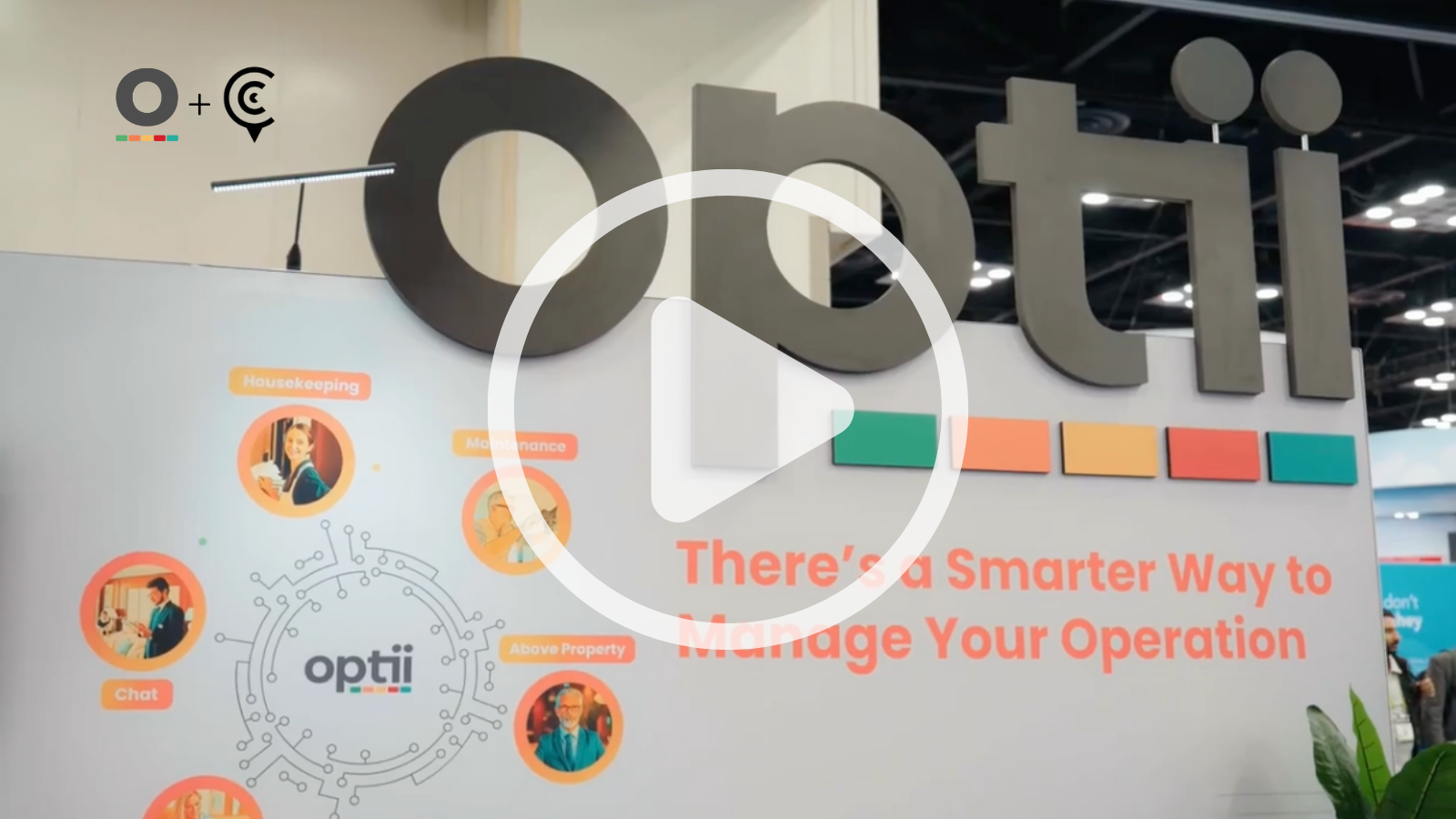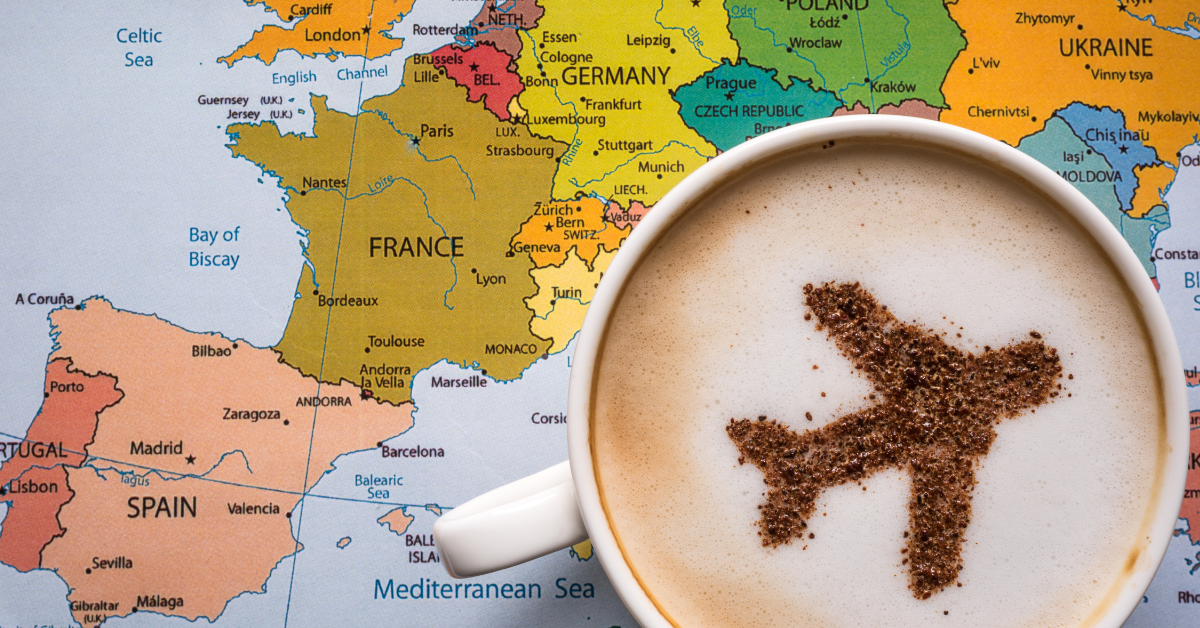During these unprecedented times, hotels are having to make decisions that were unimaginable as we closed-out 2019. Hotels are being shuttered with the knowledge that many might not open their doors for some time.
Once they are given the green light to re-open, there will be immense pressure from top management and corporate to cut costs and streamline daily operations to adjust to the new norm.
The questions hoteliers should be asking themselves in preparation for the new norm:
-
What distance safety-measures will we be implementing to allow employees to interact with each other and guests?
-
When should we start deep cleaning our hotel in preparation to reopen to the public, and how far should we go with introducing new cleaning protocols to guest and back-of-the house areas?
-
Will we open all guest rooms in the beginning? Or will we operate only a certain number of floors to control costs with lean staff and add capacity as occupancy increases?
-
How fast and cost effective can we be in rehiring and training all returning and new employees to bring back normal operations?
-
Should we consider temp agencies to speed on-boarding and control labor costs? Will that hurt our standards and reputation?
-
Do we open all F&B venues or limit it to self service and room service/delivery? What about public amenities and services like the pool, meeting space and SPA services?
Executives are wasting no time exploring new standards, policies and procedures to enable their properties to reopen their doors with lean operations and to introduce new safety and security measures without jeopardizing the guest experience, ratings, or reviews.
Here are some of the challenges and opportunities you need to consider to turn your operations into a lean and resilient powerhouse:
1. Housekeeping
Hotels will need to consider how they will implement new cleaning protocols in their hotel, allocating the right amount of time to allow for the extra precautions that will take housekeeping longer to clean than they had in the past. Hotels that turn to AI and technology to help them predict cleaning times and understand the impact of the new requirements will expedite the integration process and help minimize stress for the cleaning teams. Hotels need to document these new cleaning protocols and share with their teams for all guest rooms and public areas to follow. Replacing paper printing of these documents with technology can assist hoteliers maintain, update and share these new protocols without staff interruptions and in each employee's preferred language to assure consistency in output.
2. Onboarding:
You must decide how and when you will Onboard returning, new, and temp employees with an efficient and cost effective process to get them ready for operations. Hoteliers need to take advantage of this period to proactively adjust SOP and policies in writing to make sure that the onboarding process is clear, consistent, and swift amongst all employees. These SOP and policies will require continuous revision as we deal with the virus curve and changes in occupancy levels.
3. Communication
Hotels need to constantly Communicate with employees so they have the right resources and information on-hand. The most effective way to communicate is through real-time technology to automate guest requests and internal tasks. The use of a staff mobile App will allow all functional and operational departments to connect through 2-way communication on desktops and mobile devices. Your team should be connected at all times
4. Optional Ancillary Services
Some executives are entertaining the idea of taking historically included services and converting them into optional Ancillary Services. This is similar to what the travel industry did after 9/11 when looking for new methods of savings and revenue streams. Hotels are considering introducing extra fees for daily room cleaning service and turndown service. Others are entertaining the idea of charging for toiletry kits or having them available upon request. Some will argue that guests may be appalled by being nickel-and-dimed for service, but please don’t forget the extra fees the airline industry implemented 10 years ago and how quickly the public adapted.
Technology can automate and track new ancillary services to reduce manual tasks, human error, and miscommunication.
5. Consolidation & Centralization
Trends show that many executives are evaluating Consolidating departments and Centralizing administrative and operational divisions within single or multiple properties. Sharing resources and management amongst departments and properties will become the new norm to streamline operations. This requires hotels to provide the right tools and a scalable technology to allow both management and line staff employees to manage tasks ,departments, and hotels mobility in-real-time. Some of these departments that are labor intensive with repetitive manual tasks, and variable labor costs, such as the Housekeeping Department, are being closely reevaluated. Others are also looking at modifying operating hours for administrative and operational departments and limiting access to certain guest areas and services.
6. Analytics & Reporting
More than ever, executives will require analytical and reporting capabilities to measure procedures and processes to evaluate staff productivity and control costs. They want to assure that management is keeping employees engaged, updated, and motivated adjusting to the new normal and beyond. Hotels are realizing that it is time to reevaluate their IT systems and introduce technology to measure what they need to manage. Introducing automation to their daily operations will allow them to speed-up the onboarding process, reduce labor costs and operational inconsistency, and eliminate manual tasks to streamline their daily operations.
Now is the time to act and adopt new technology with agile and easy-to-implement solutions to automate your daily operations. The post-COVID-19 world will require it.






